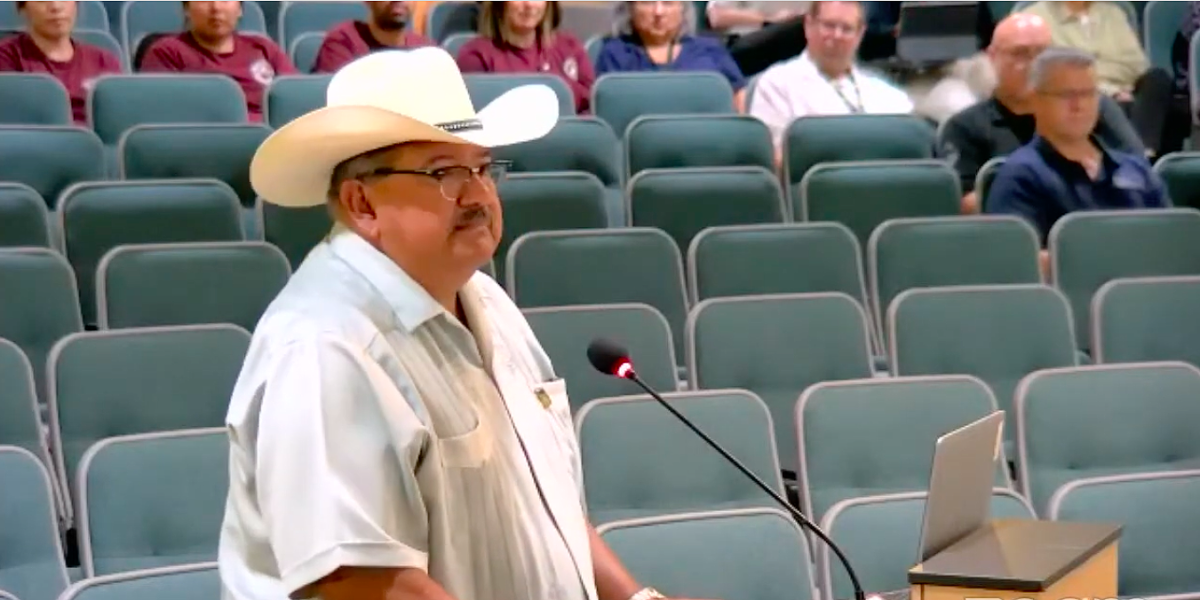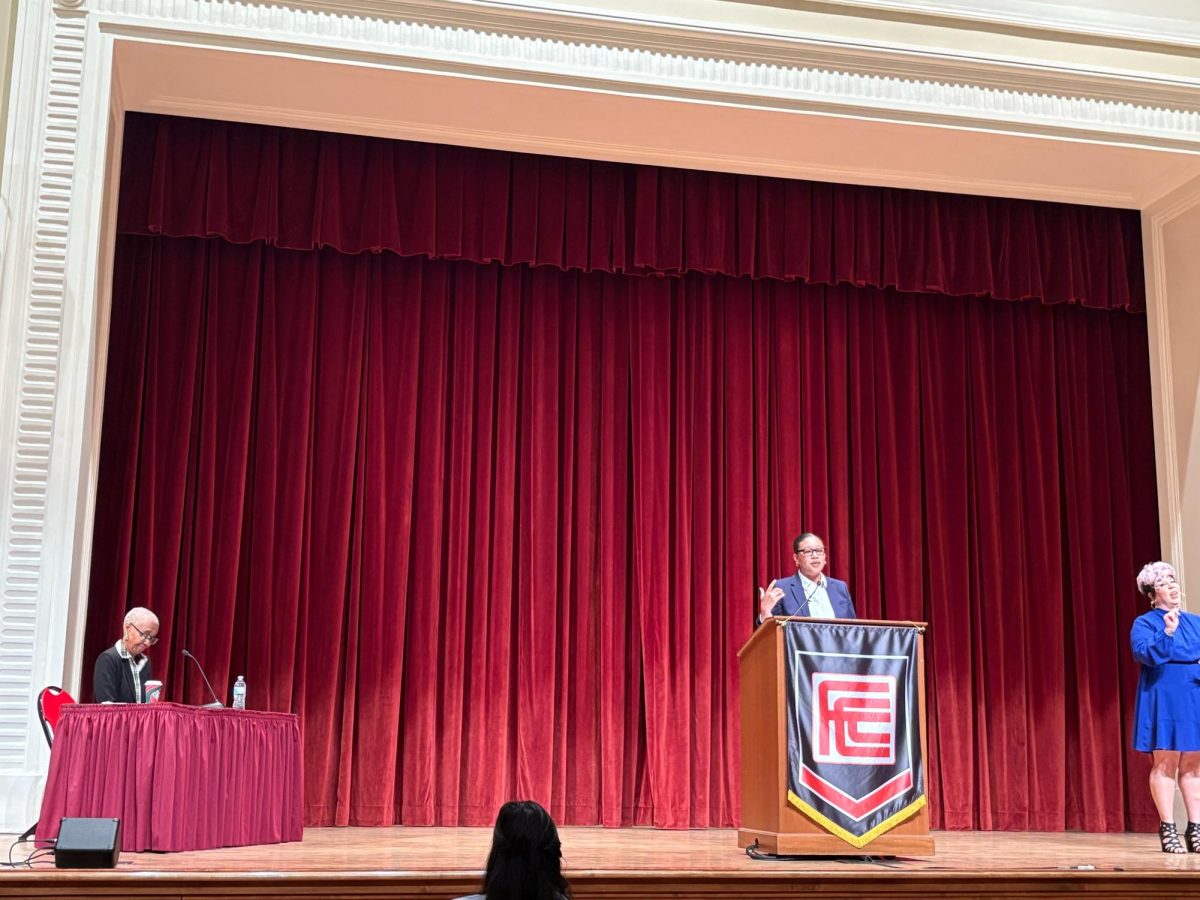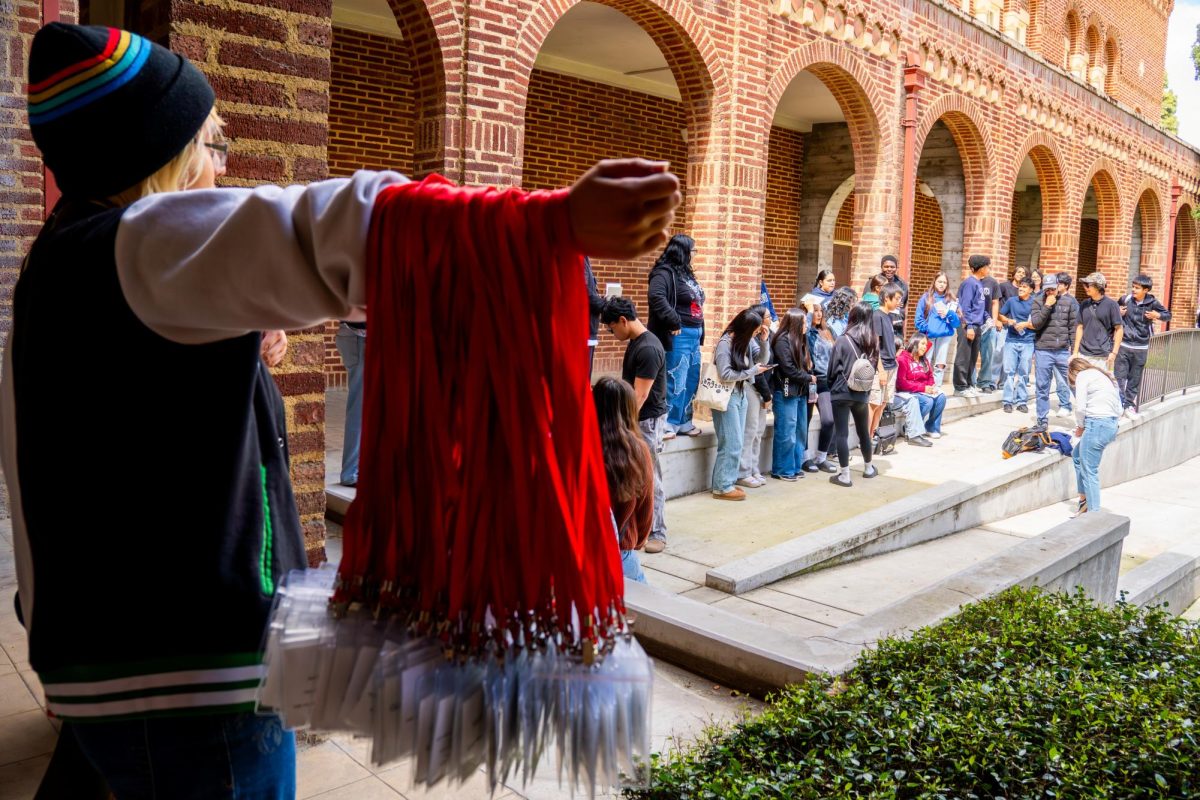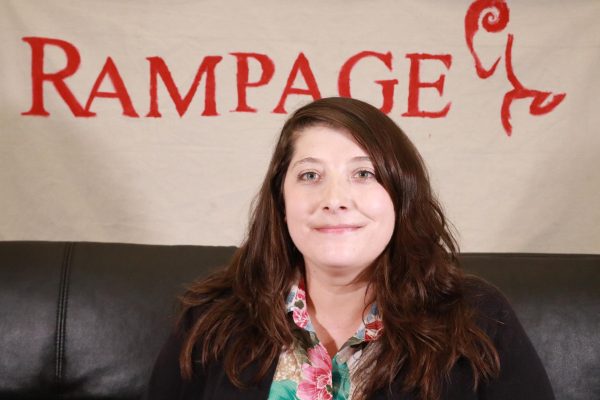The Academic Senate at Madera Community College has issued votes of no-confidence against two high-level administrators on Sept. 27 and Nov. 8 over a potential change to how the college awards academic credits.
A vote of no-confidence is a formal vote by which the members of a legislature, or similar deliberative body, indicate that they no longer support a leader.
The resolution outlining the vote of no-confidence went through a first read by the Academic Senate on Nov. 8, and the second read is scheduled for Nov. 22.
The resolution states MCC President, Angel Reyna, has “dismissed the faculty concerns and questions” regarding Competency-Based Education.
There was also a 12-2 majority vote of no-confidence against MCC’s Dean of Career and Technical Education (CTE) and Science, Technology, Engineering and Mathematics (STEM), Justin Garcia, conducted on Sept. 27.
The Competency-Based Education collaborative has been a developing pilot program within the State Center Community College District (SCCCD) since 2020.
What is Competency-Based Education?
According to the SCCCD website, Competency-Based Education is a teaching and learning process that “empowers learners to progress at their own pace.”
The website states that instead of having fixed due dates, Competency-Based Education students would be responsible for scheduling their own work.
During the joint Academic Senate report presented to the SCCCD Board of Trustees on Nov. 12, the acting Academic Senate president for Fresno City College, Michael Takeda, said Competency-Based Education continues to “concern” many members of the SCCCD faculty, and there are many questions and concerns after looking into the initial research.
“Currently, our curriculum committee [at FCC] does not have a process for considering CBE,” Takeda said. “While we definitely encourage faculty to explore new methods like CBE, we also have a lot of concern and hesitation about supporting it.”
The History of Competency-Based Education
According to minutes for a College Center Council meeting that took place on Dec. 4, 2020, a letter of interest was submitted to engage in the Competency-Based Education Collaborative in November of that year.
A video presentation about the Competency-Based Education collaborative was introduced to the SCCCD Board of Trustees in Jan. 2020, by Aisha Lowe, executive vice chancellor for Educational Services and Support for the California Community Colleges Chancellor’s Office.
Lowe said Competency-Based Education was a “new form of education” in the process of being regulated and approved in order to offer it within the SCCCD system, according to the video presentation.
“When we talk about CBE, we really are talking about changing the way we engage in teaching and learning,” Lowe said.
Lowe said once Competency-Based Education is implemented, instruction will not be based on semesters and “credit hours” as it’s been done in the past.
Competency-Based Education won’t focus on “seat time,” or attendance, either. Instead, Lowe said it focuses on the students ability to “master specific skills” and the student’s ability to succeed in the coursework.
“Instruction is really focused on mastery of competencies,” Lowe said.
Additionally, Lowe said Competency-Based Education will be self paced, and students must demonstrate mastery at a high level before they can move on to the next module or the next set of competencies.
“Teaching and learning must evolve,” Lowe said. “And that may seem extreme for us and education, because we have been doing this for hundreds of years. But we really are looking at the future.”
SCCCD Administration Comment
Before the Board of Trustees meeting concluded on Oct. 1, SCCCD Chancellor Carole Goldsmith said none of the colleges within the district are currently participating in Competency-Based Education, including FCC, but the program is under consideration.
“We’re working towards that and it’s hard work, and it certainly hasn’t been easy for anyone,” Goldsmith said.
Public Opinion
Presently, there have been four SCCCD Board of Trustees meetings conducted in the fall 2024 semester. The majority of public comment has been dedicated toward the internal debate happening between faculty members about the pilot program Competency-Based Education – and about the vote of no-confidence against Reyna.
Mayor for the City of Madera, Santos Garcia, spoke in support of Competency-Based Education and Reyna during the SCCCD board meeting that took place on Oct. 1.“I am saddened to hear that the academic senate has taken a vote of no-confidence on Dr. Reyna,” Garcia said.
Erin Heasley, the instructional designer, distance ed coordinator, and canvas administrator at MCC said Competency-Based Education is one of two “competency based education initiatives” being piloted at MCC, and the Competency-Based Education Collaborative was initially embraced by colleagues – until they hit federal, state, union and transcript level problems.
“CBE is a learning model that does not subscribe to our clock hours, but instead asks students who have become enrolled to demonstrate competencies by passing a standardized test at an 80% or higher,” Heasley said. “Both of these Competency-Based Education projects are asking us to gamble with an untested model, and to gamble with our vulnerable population.”
Heasley said her colleagues requested that “the work” pertaining to Competency-Based Education needed to come to a halt. She also said the Academic Senate began to take action against the incoming program, Garcia and Reyna.
“We acted because processes were ignored, participatory governance didn’t happen, and the rights and purview of faculty were trampled,” Heasley said.
The Internal Debate
During the Board of Trustees meeting on Oct. 1, a number of community members, business owners, instructors and MCC administrators spoke about Reyna and about MCC potentially being removed from the pilot program.
During that meeting, Lynette Cortes Howden, a mathematics instructor and the MCC Academic Senate president said there was a lot of “misinformation” taking place amongst members of the Madera community.
Howden said the individuals speaking in support of Reyna during public comment were using the “plight of farm workers” and members of the Madera community as a “token cause to prop up and hide behind.”
Howden also said the action taken by the Academic Senate was being openly portrayed in public meetings as “attacks based on the fact that Dr. Reyna and Dr. Garcia are men of color.”
Howden said the MCC Academic Senate took action on two resolutions that were up for second read, and those resolutions were not about or against farm workers, not personal attacks on MCC administration and they were not related to Competency-Based Education.
“To their core, these resolutions are about process, participatory governance and the purview of the Academic Senate,” Howden said. “The MCC college president and MCC Dean of CTE and STEM ignored that authority and circumvented the established processes of our college and district.”
On behalf of MCC’s Academic Senate, Cortez Howden asked Reyna to “submit in writing” to Goldsmith that MCC was to be removed from the Competency-Based Education collaborative entirely.
“We ask that this be done by Oct.10. If it is not, then the Academic Senate will then hear a vote of no-confidence on a first and second read, on President Reyna,” Howden said.
As of Nov. 8, the public documents outlining the vote of no-confidence states Reyna has “failed to meet the condition in MCC AS Resolution 2024-003” by not submitting in writing to Goldsmith that MCC be removed from the Competency-Based Education Collaborative.
The documents also state Reyna has continued to “pressure” MCC faculty, in particular the Academic Senate, “over a large span of time and over multiple Academic Senate presidents,” by continuing to promote Competency-Based Education efforts against “the formally expressed will” of MCC staff and faculty.







